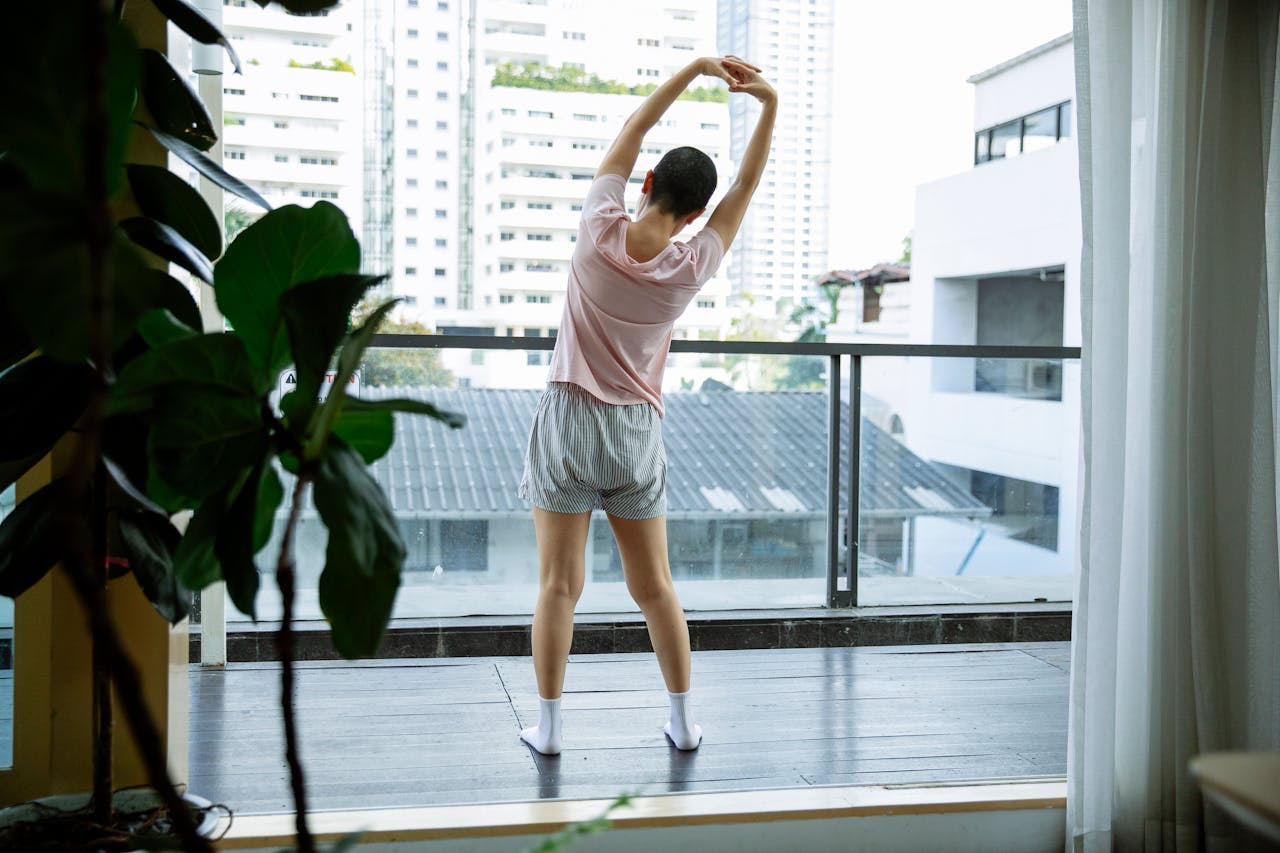
Everyone knows what exercise is, right? It’s that thing we’re told is good for us, but we don’t always seem to have time for or procrastinate by watching one more episode of Netflix.
Whether it’s going for a morning run or walk, playing sports on weekends, or hitting the gym, there are hundreds of ways to exercise. That’s the easy part to understand, but what does “physiology” mean? You probably recall it from high school science class, learning about the human body or the study of plants or animals. Basically, it’s the study and description of natural science.
Exercise physiology underpins the science behind how exercise interacts with the human body. Clinical Exercise Physiology is the science of how exercise can prevent, alter, and even treat pathology or health conditions.
Clinical Accredited Exercise Physiologists (CEPs) are health professionals who specialize in prescribing exercise, lifestyle modifications, and implementing behavior change techniques for the prevention, treatment, and management of chronic health conditions, injuries, and disabilities.
CEPs work in many different facets of the healthcare system in Australia, working predominantly as part of a multidisciplinary team made up of many different allied health professionals.
As most people would know, exercise can help you get fit, lose weight, and build strength. This is true, but the benefits don’t stop there! AEPs use specifically tailored exercise interventions for the individual and their health status to assist with reaching their goals, whether focused on their physical, social, or psychological health and well-being.
We use the term “Exercise as Medicine.”
CEPs work within eight pathology domains, with evidence-based research underpinning the design, prescription, and delivery of exercise as a treatment method. These areas include cardiovascular, metabolic, neurological, musculoskeletal, cancer, renal, respiratory, and mental health.
As a practicing Clinical Exercise Physiologist, I want to put a spotlight on this rapidly growing area of allied health and share my experience and knowledge. So, welcome!



